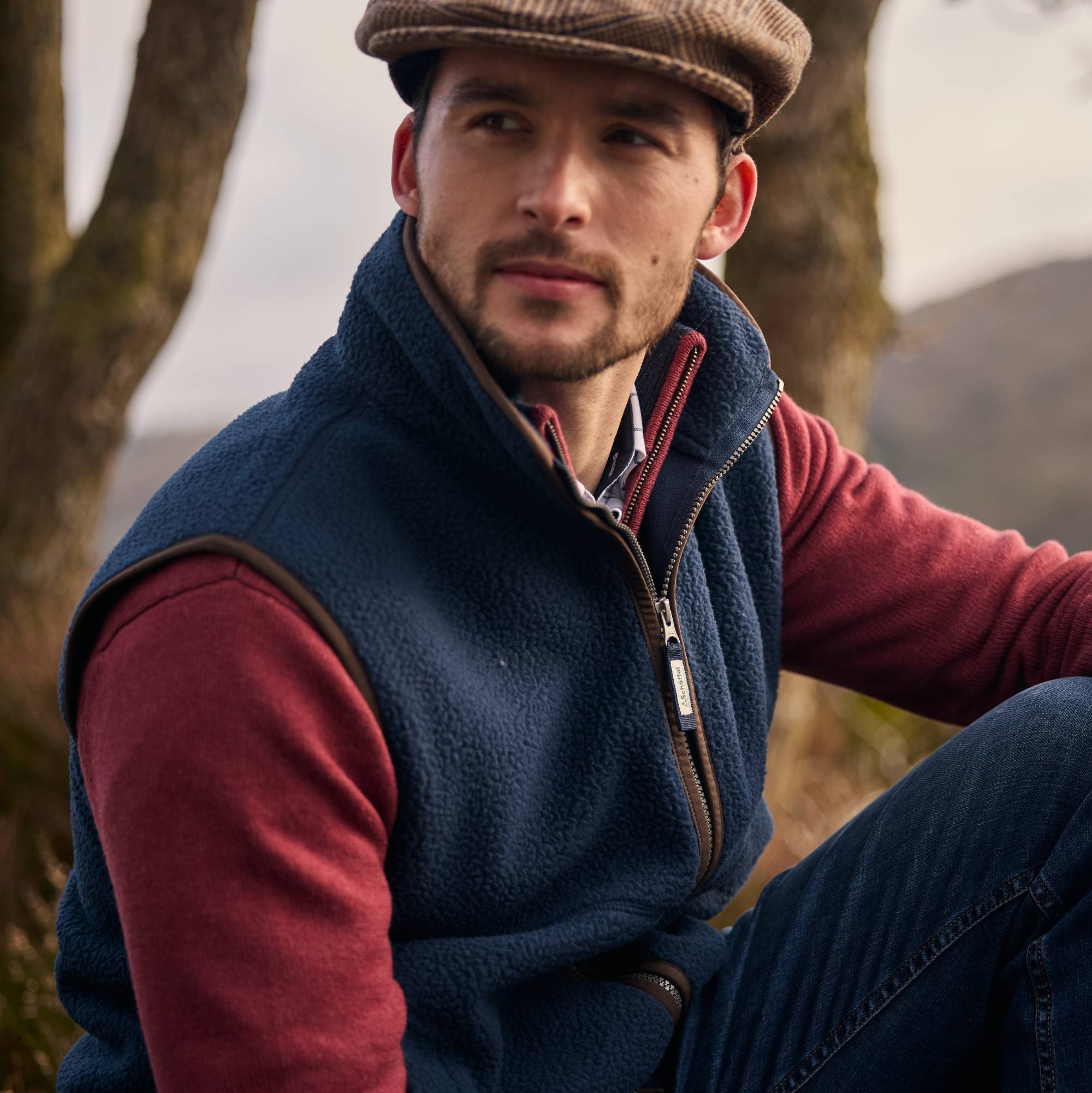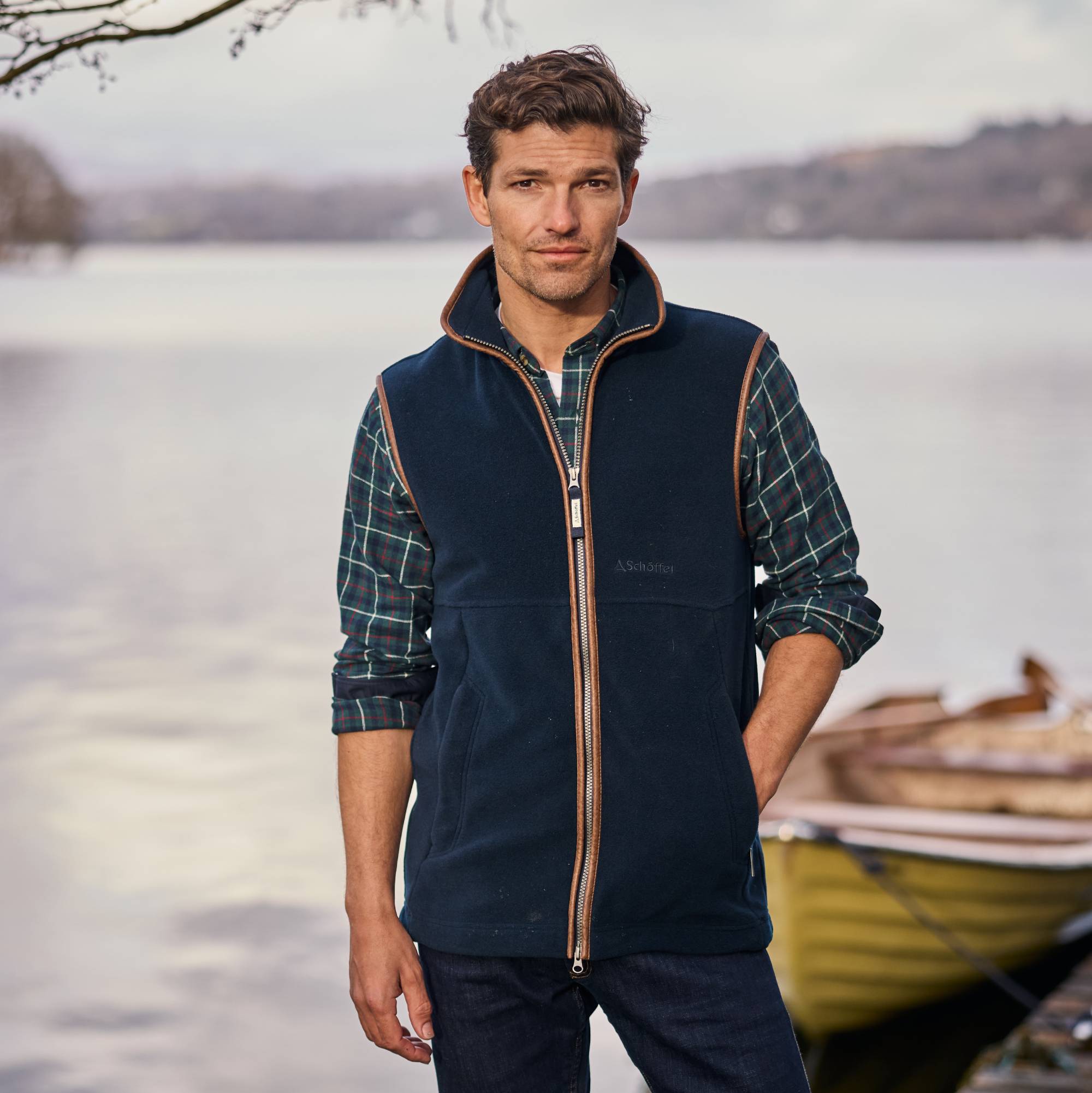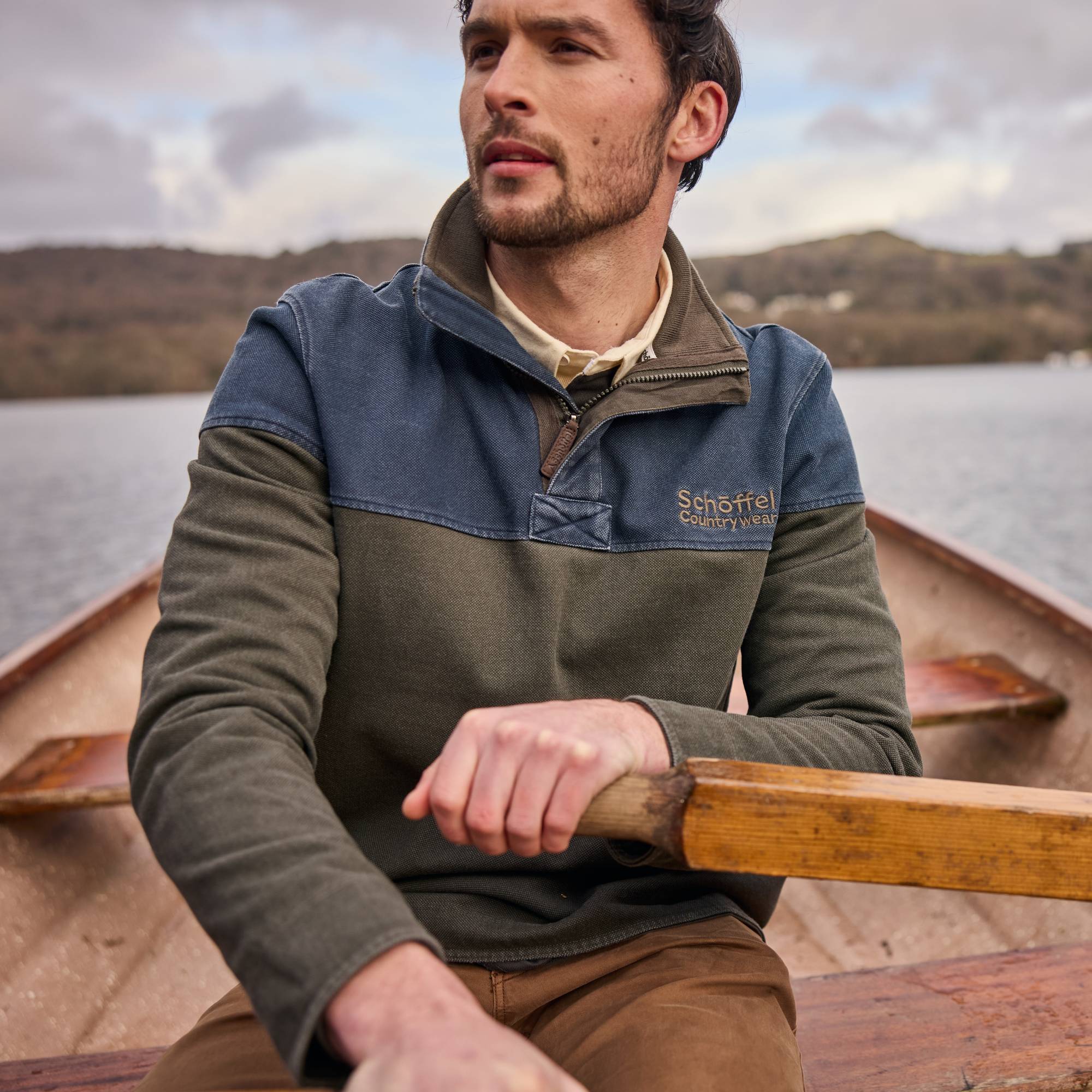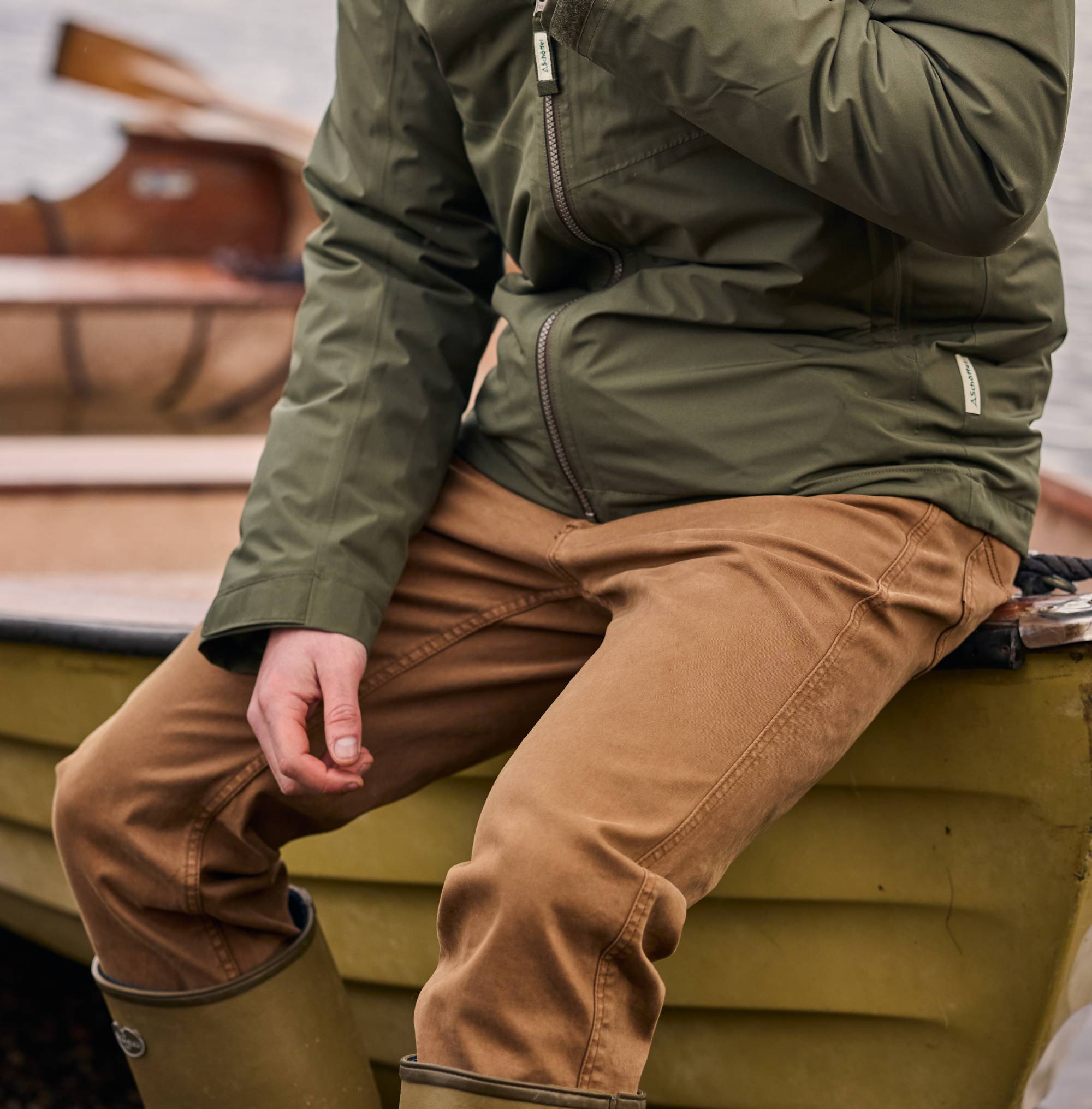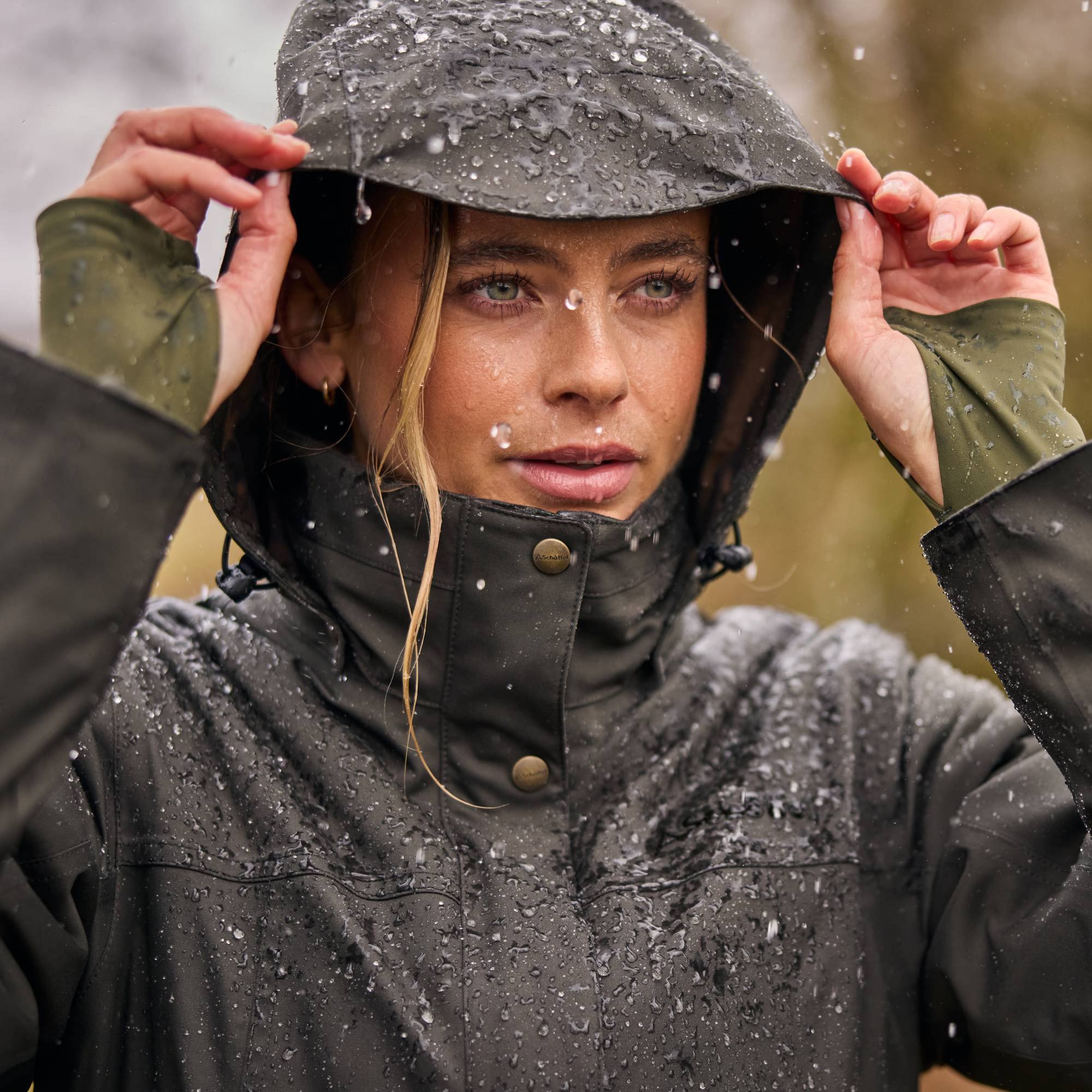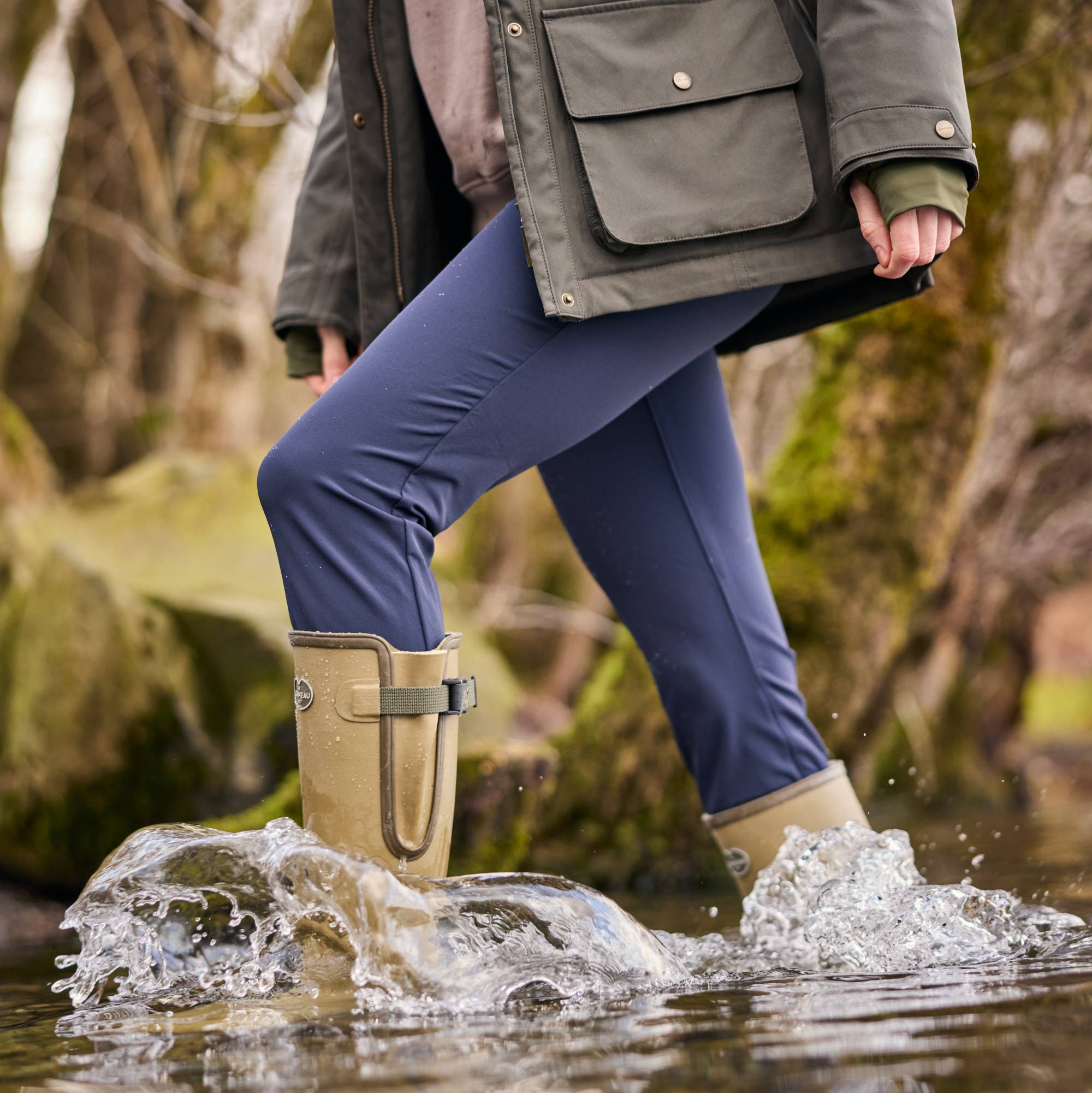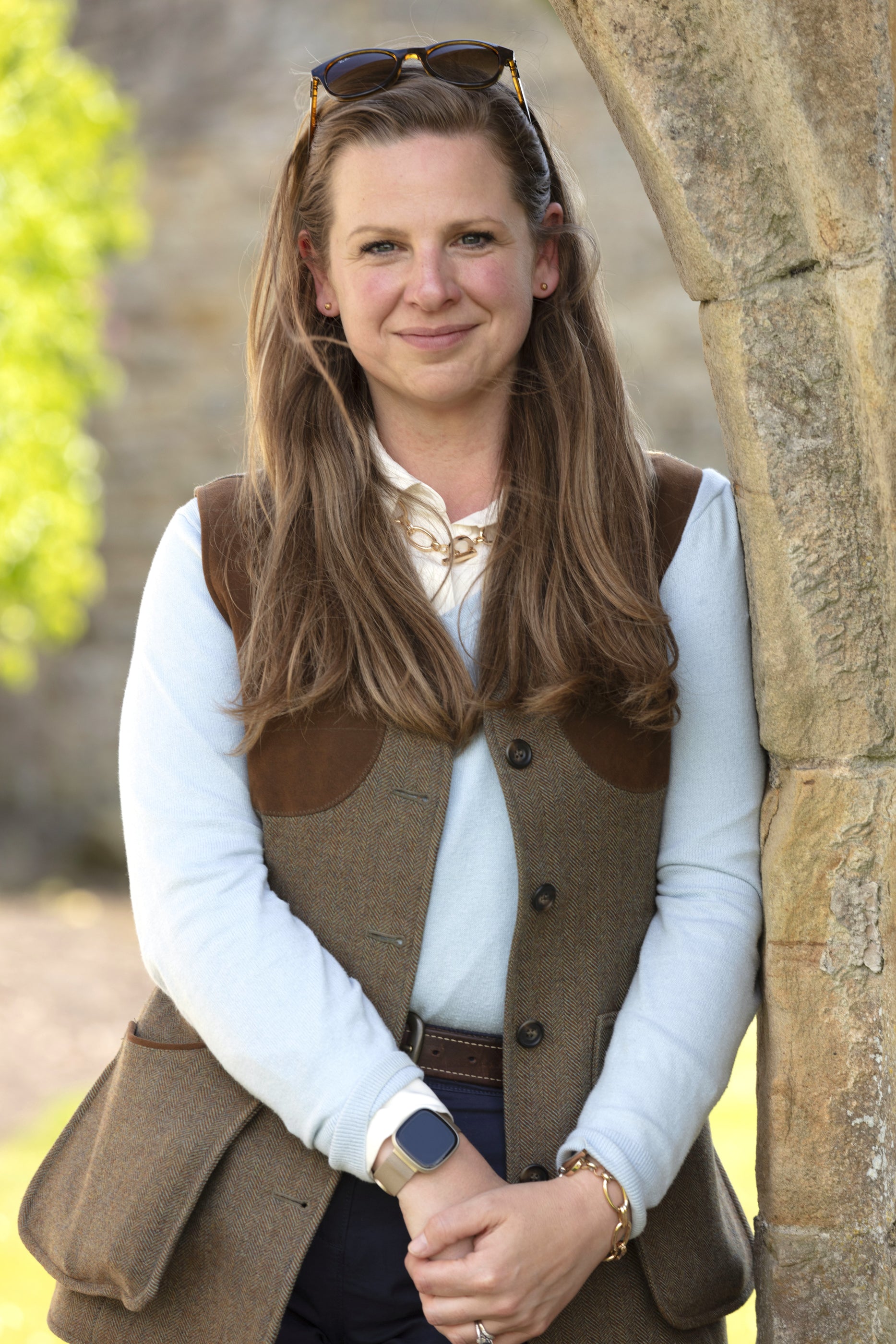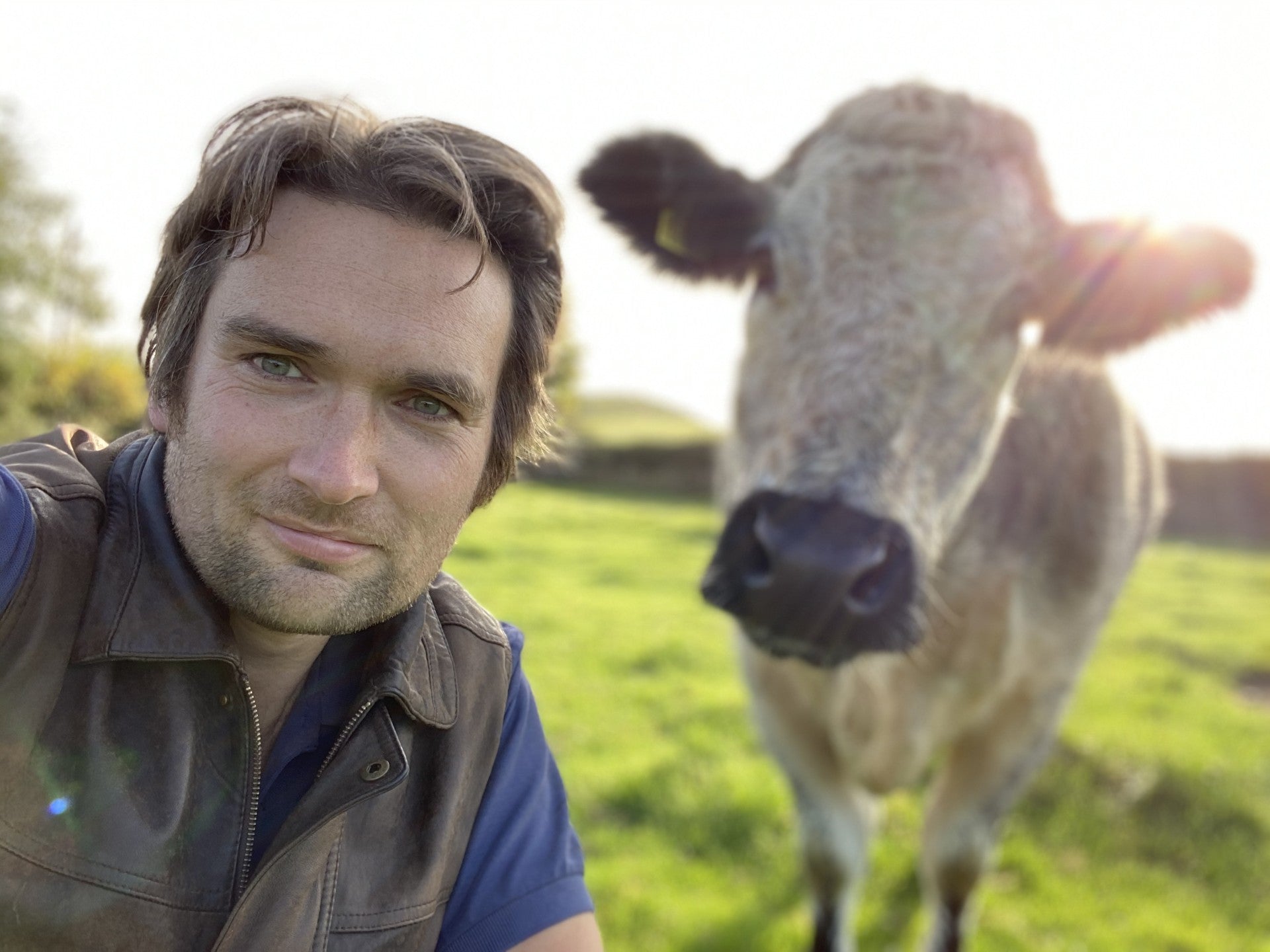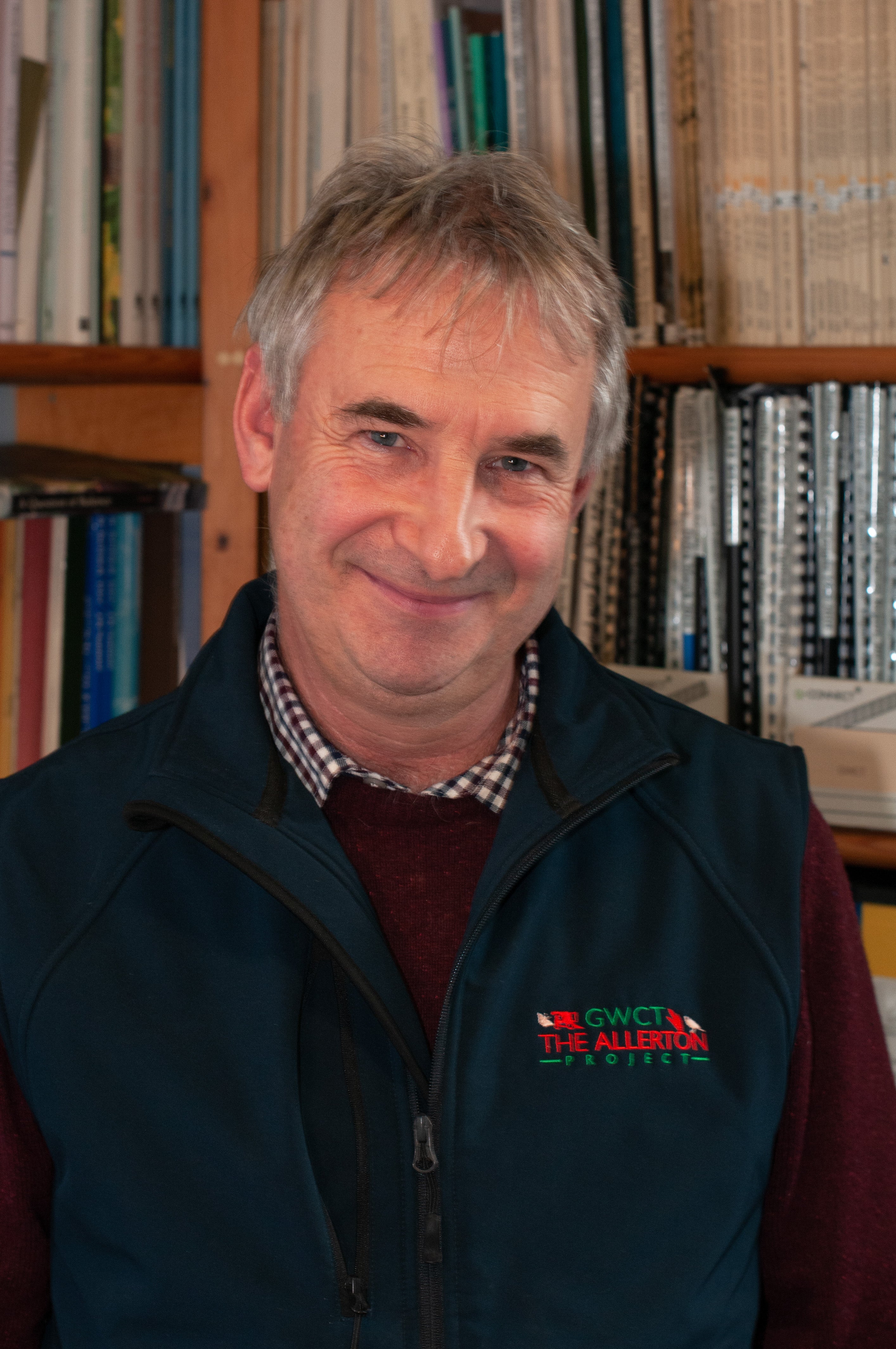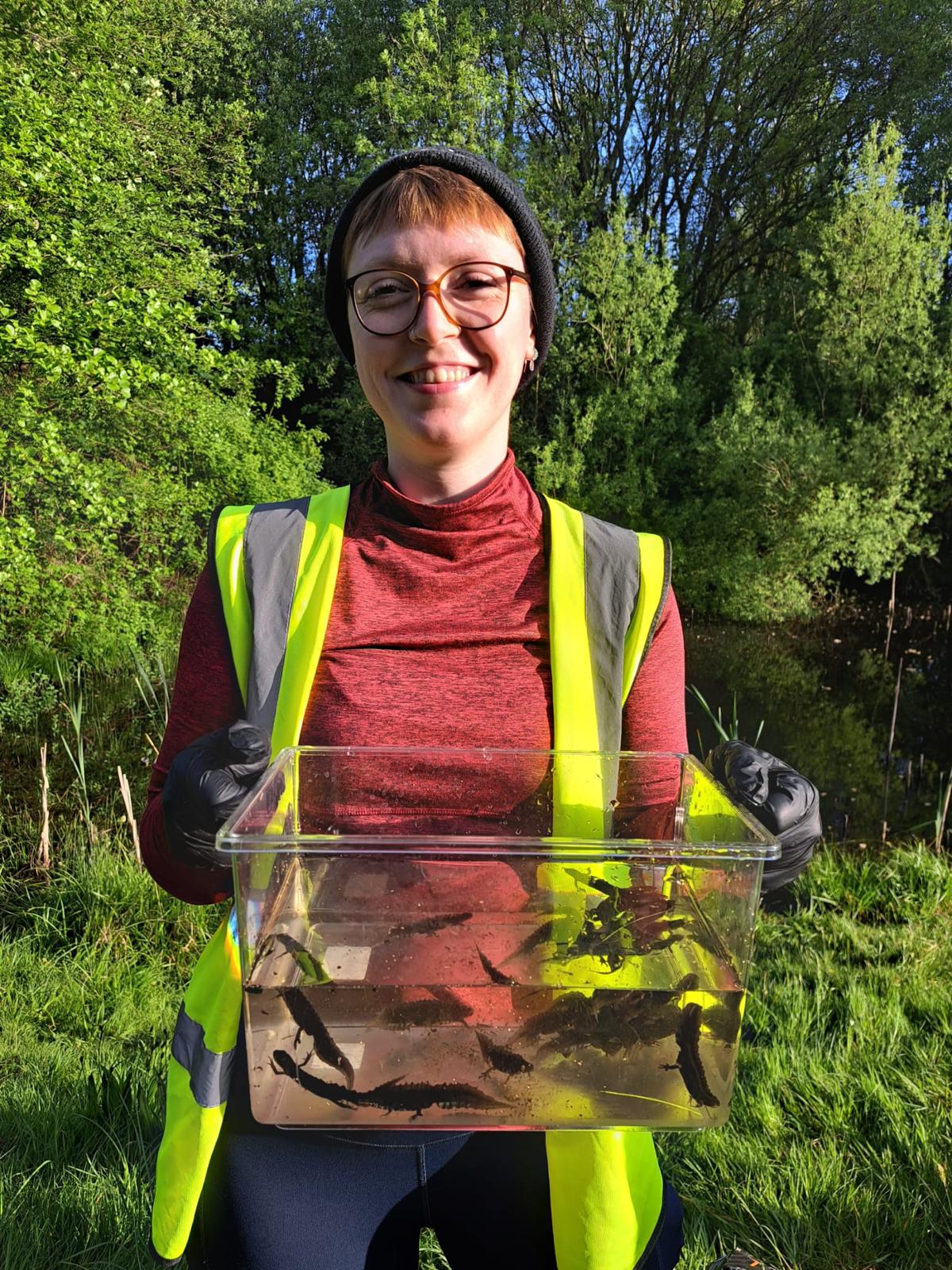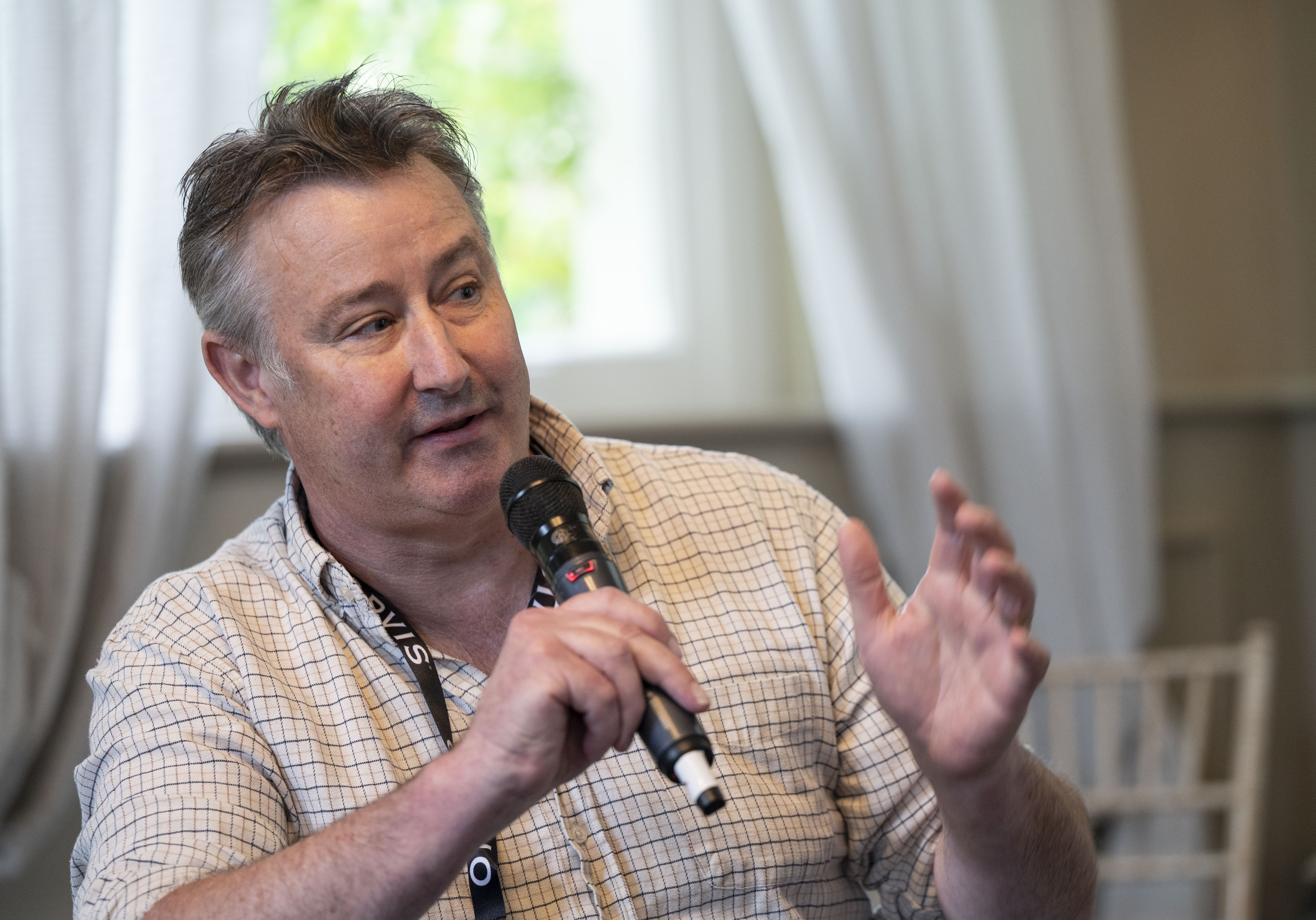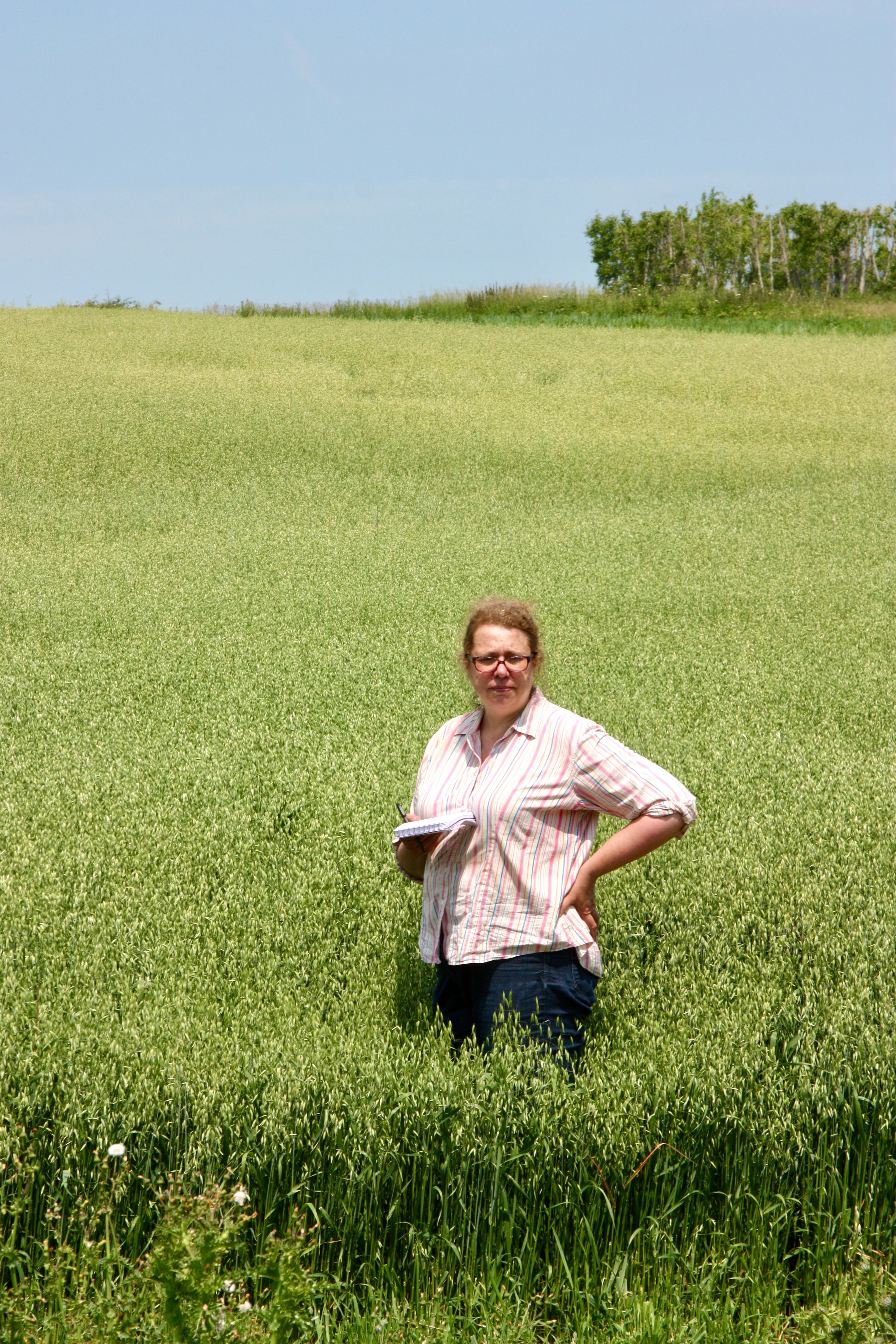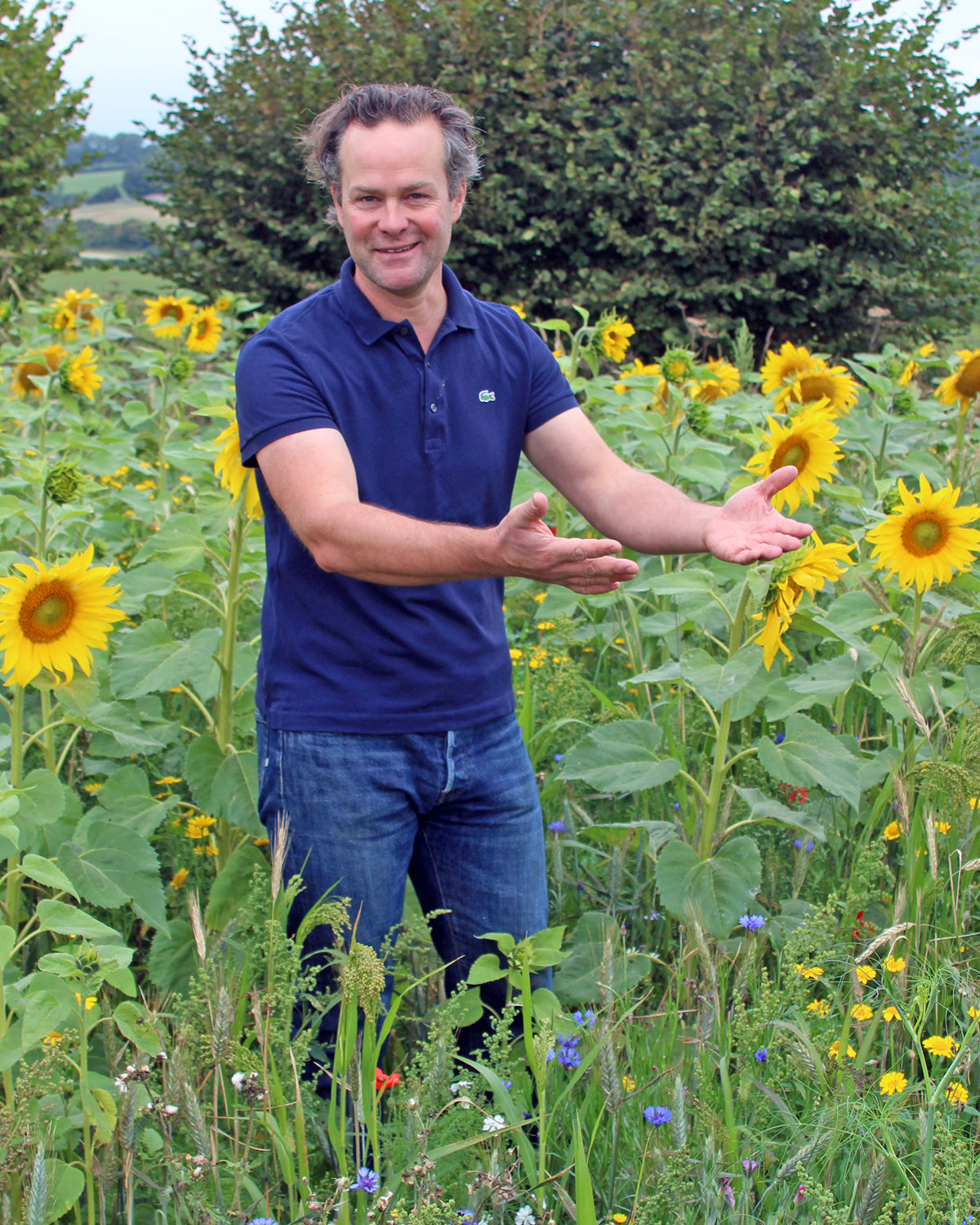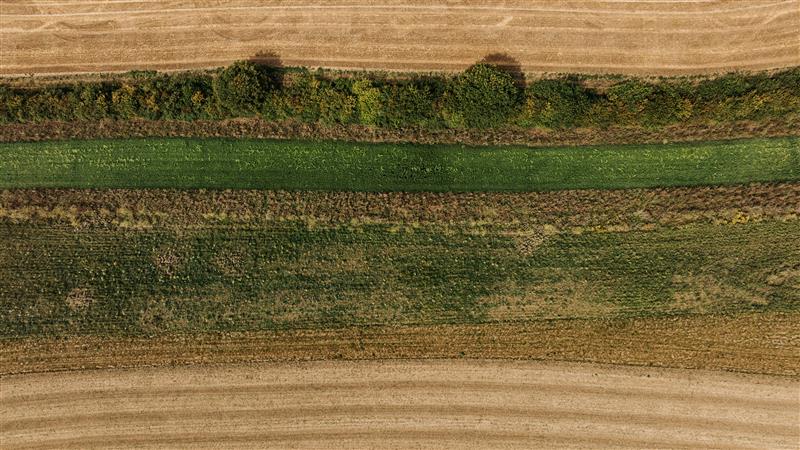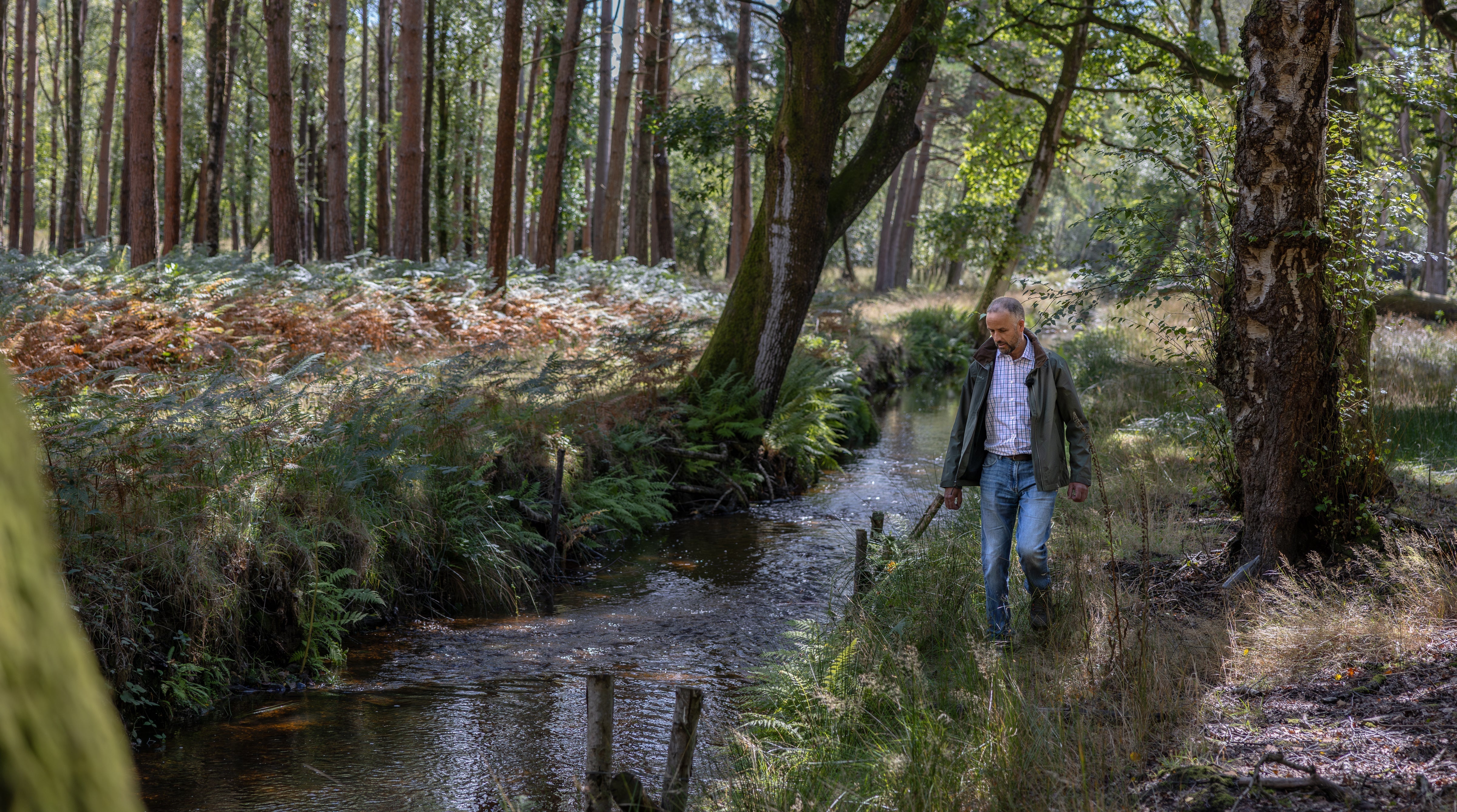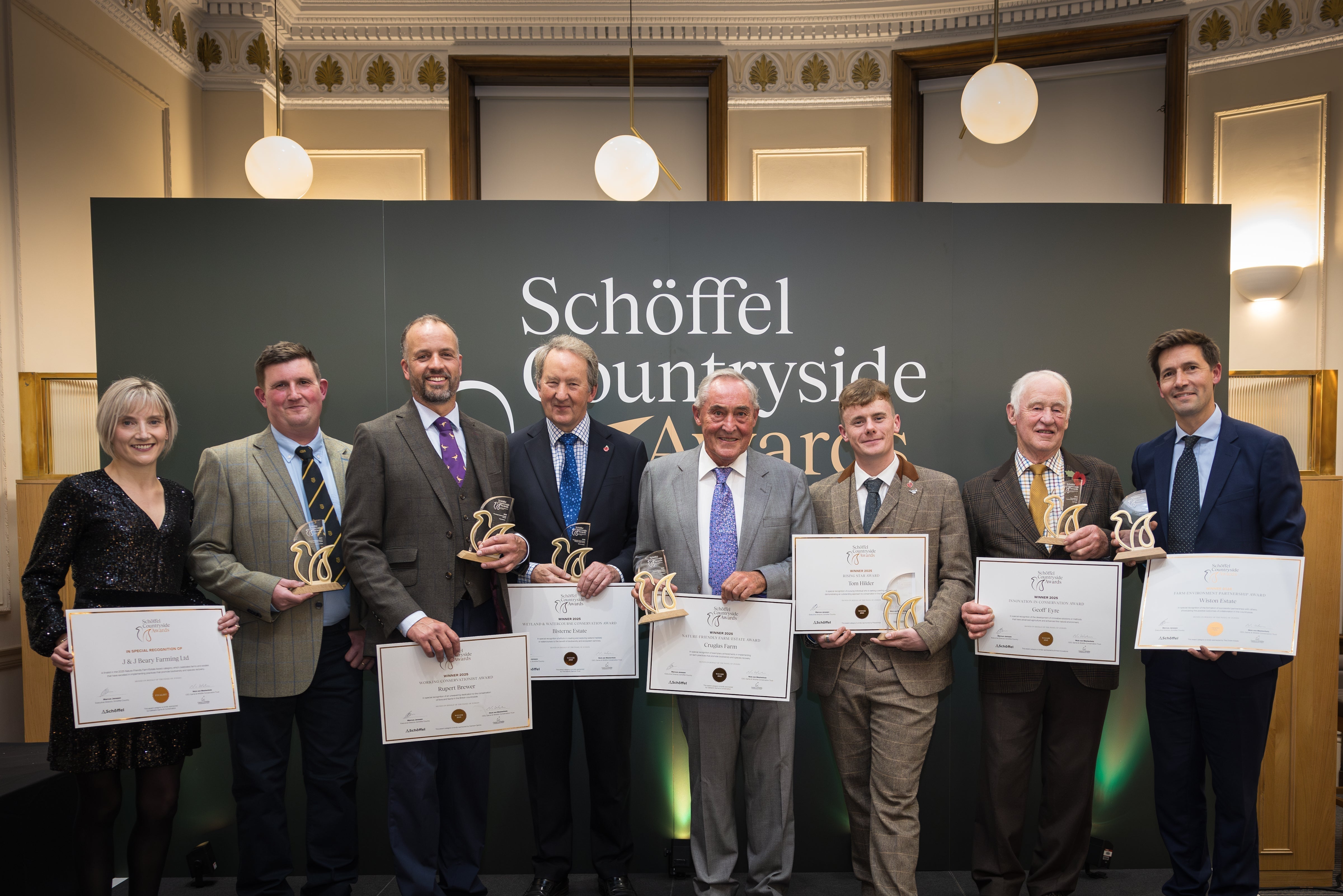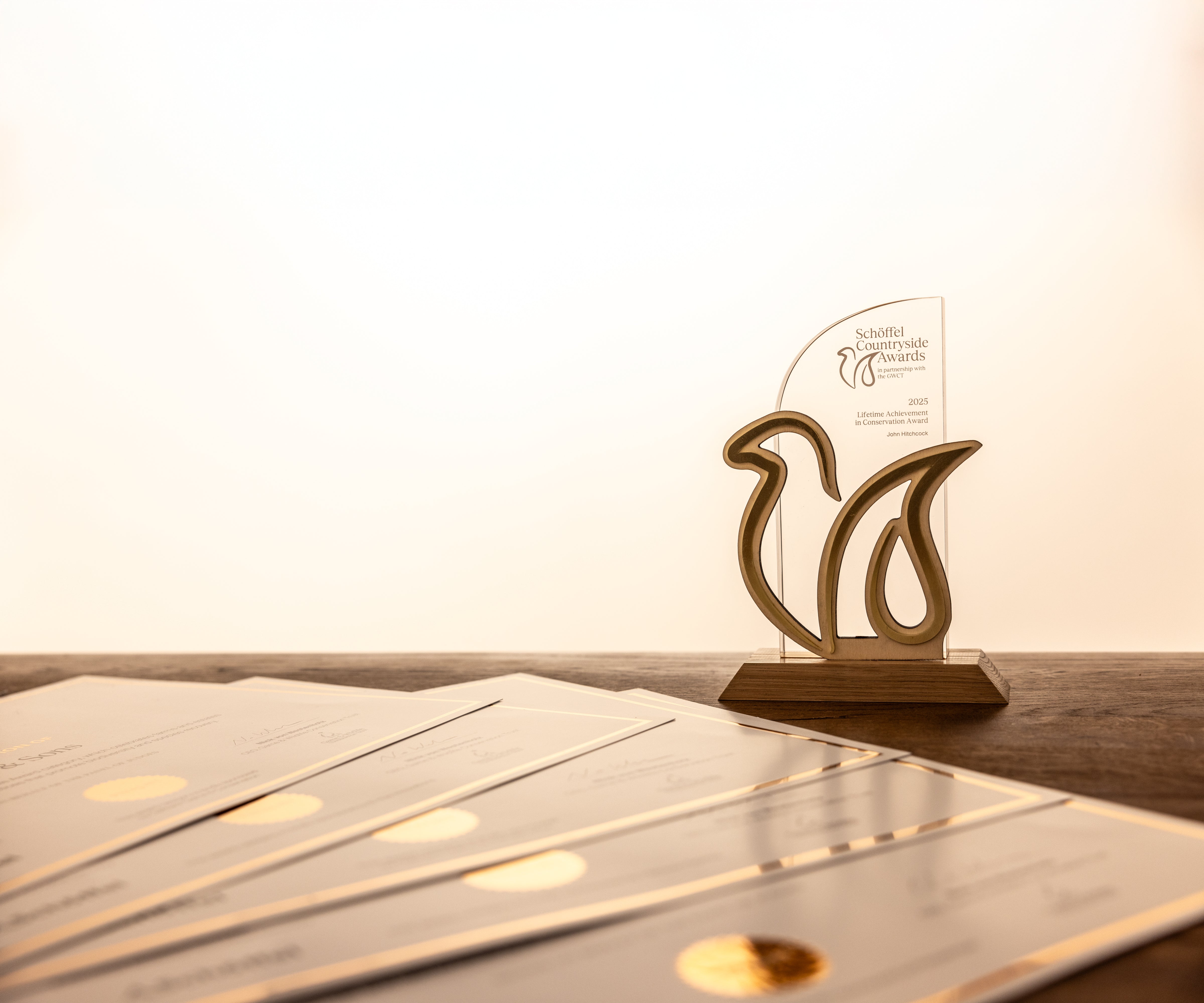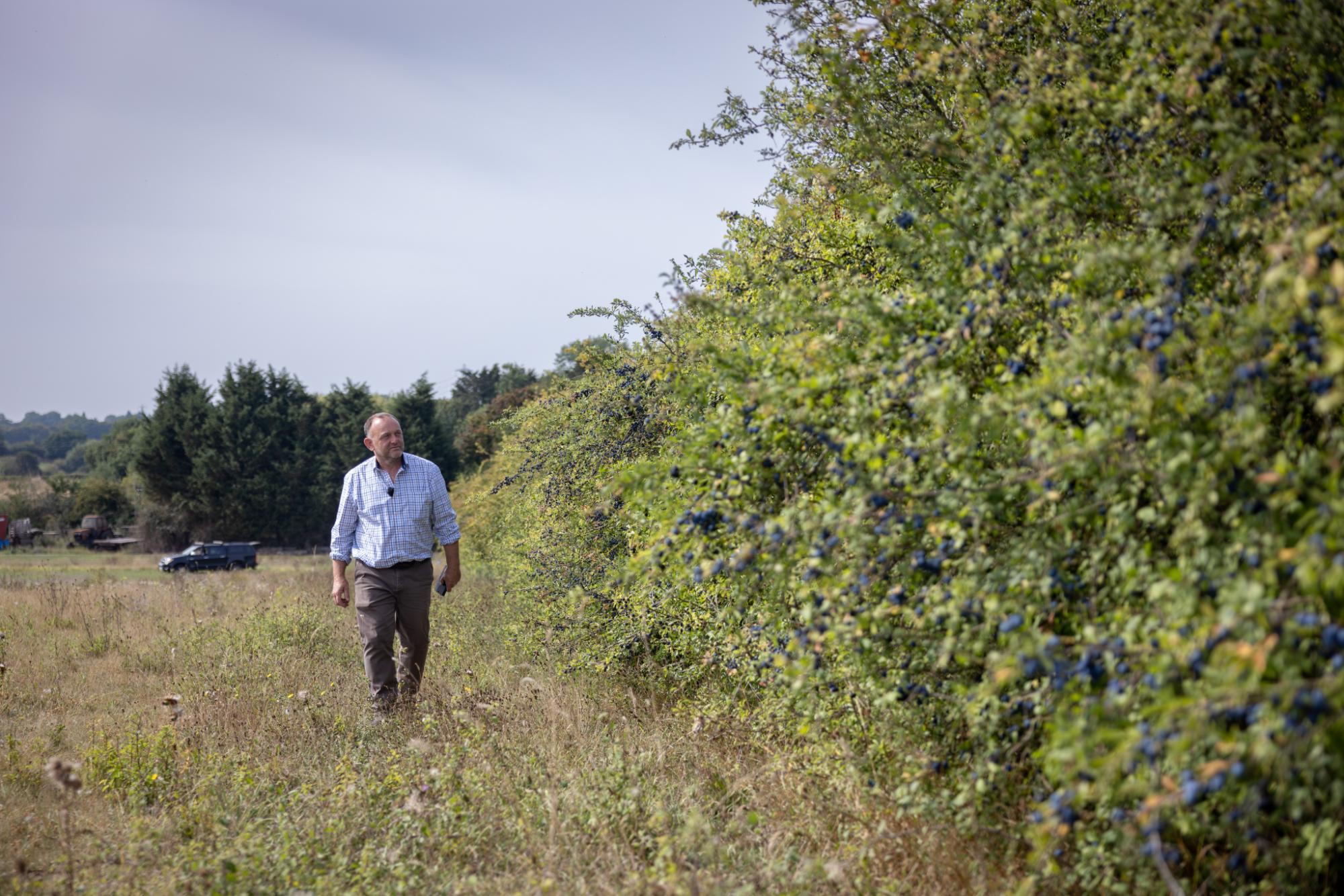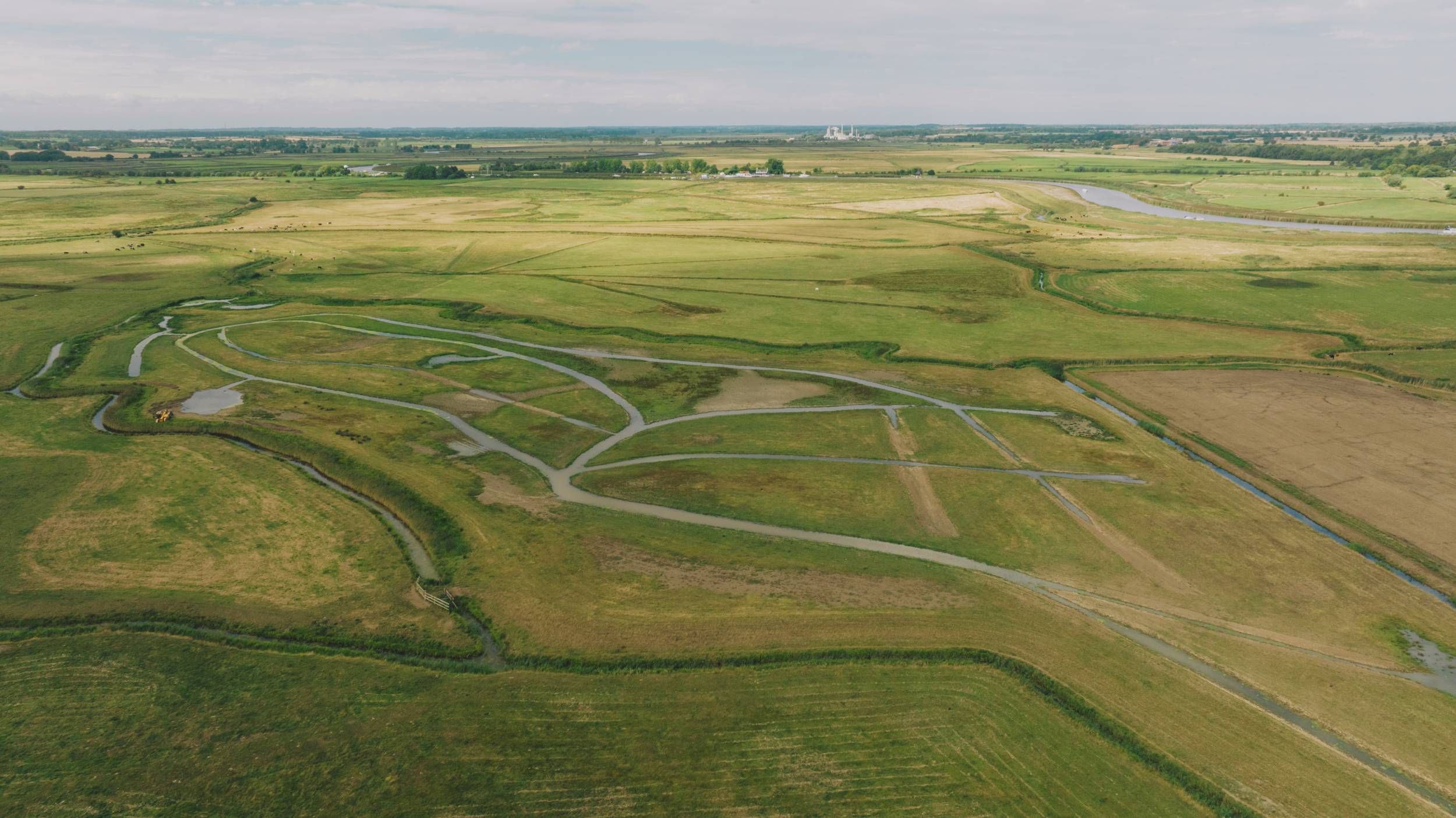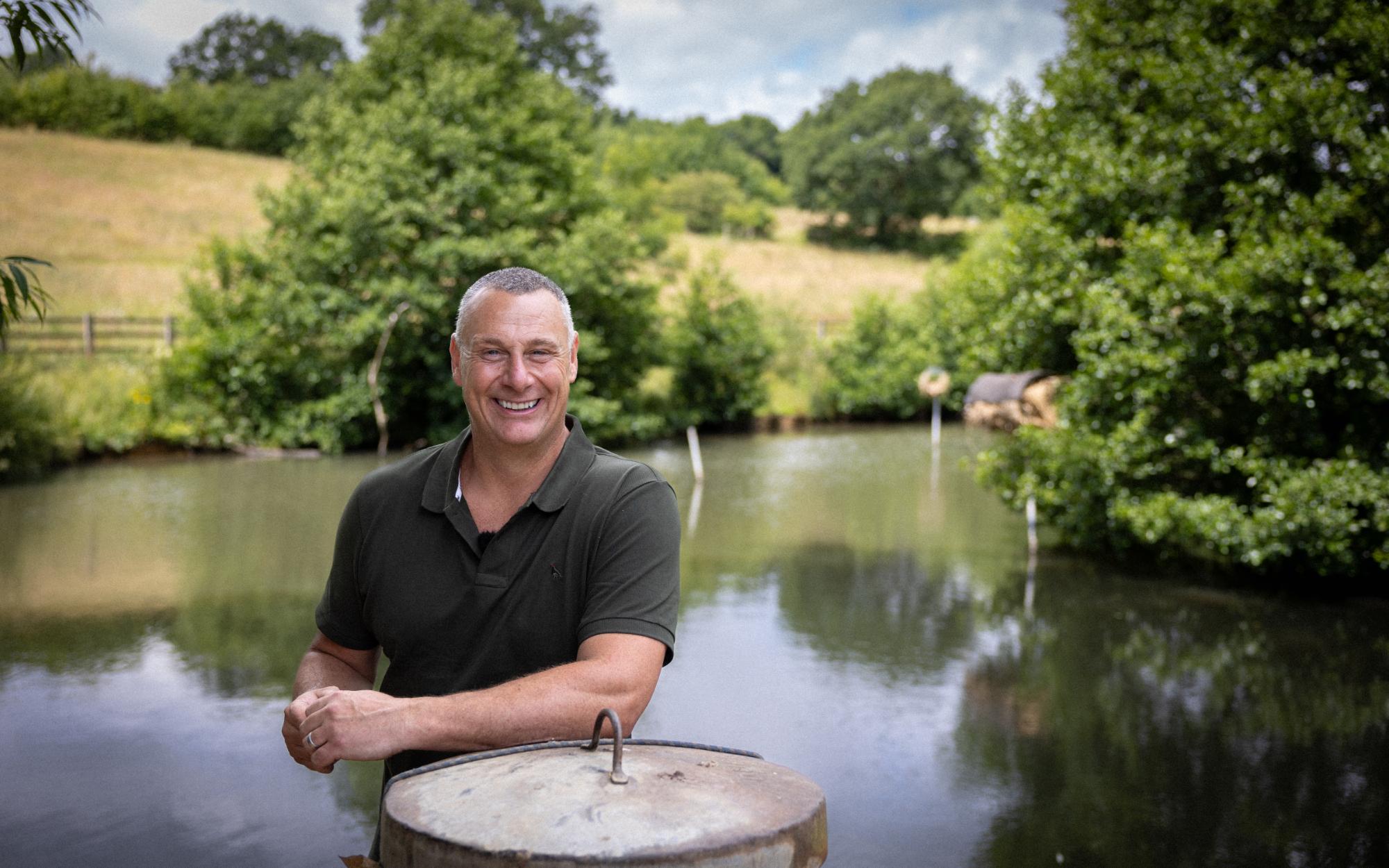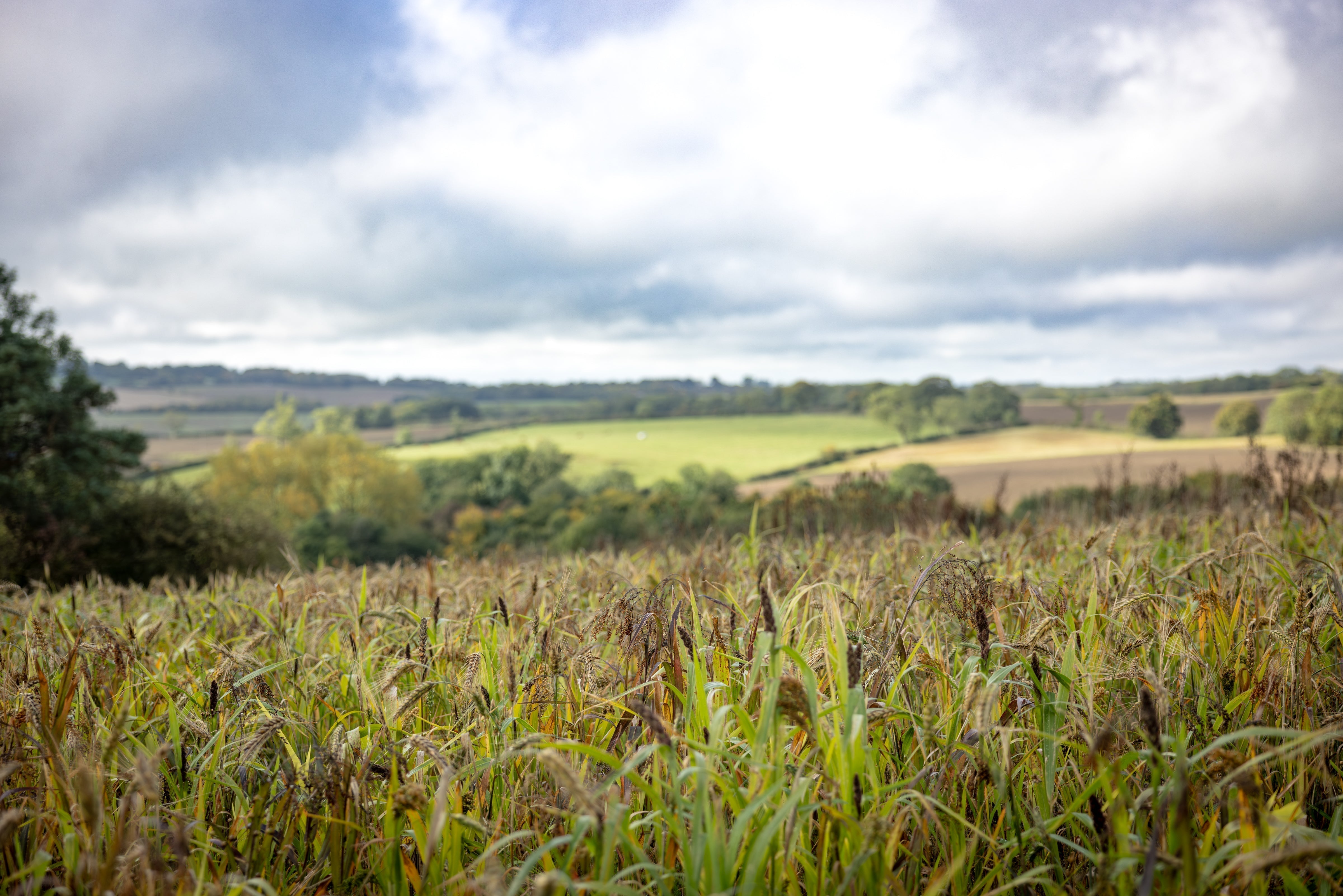
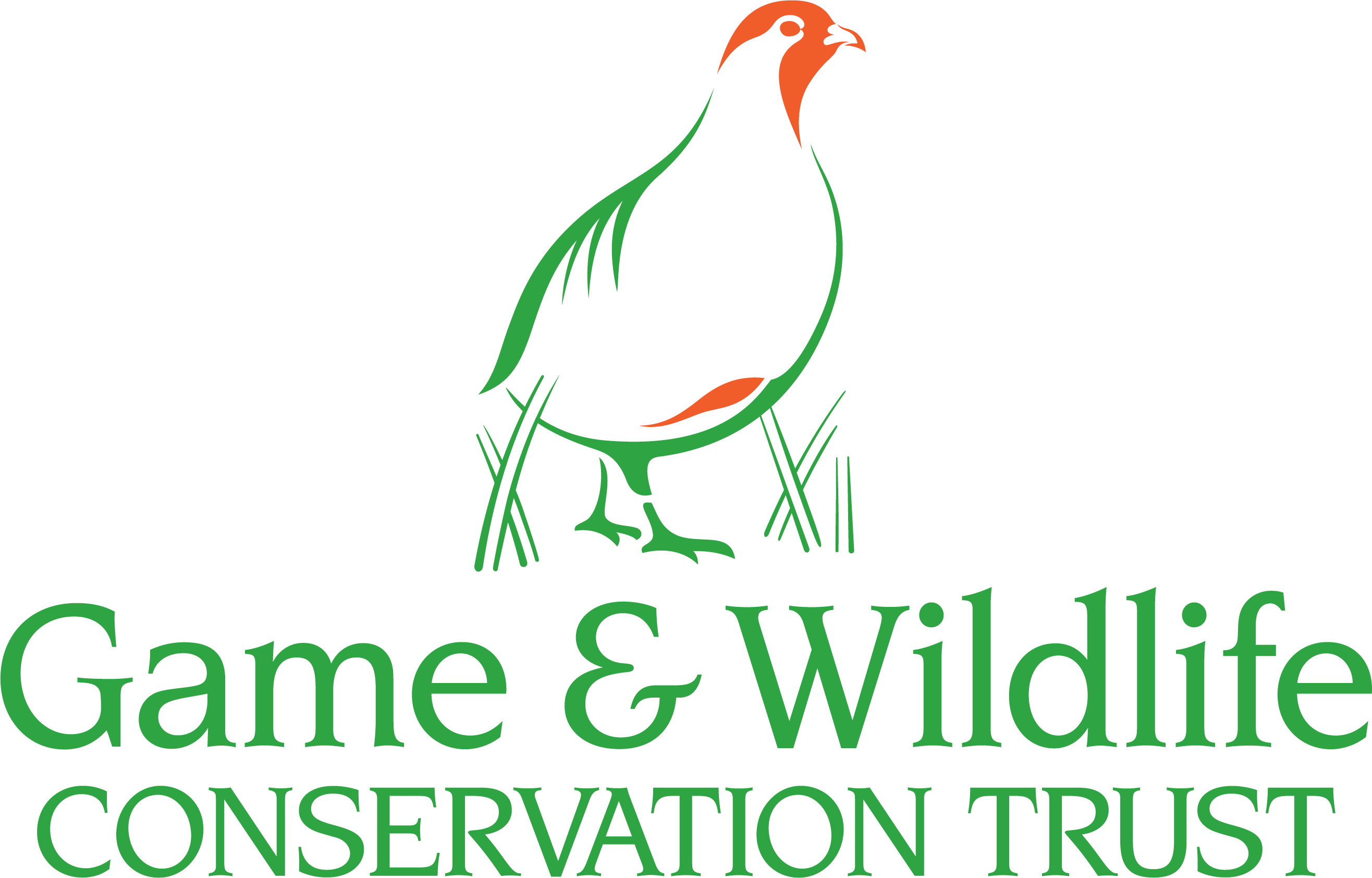
The Schöffel Countryside Awards – meet the judges | Part 2
Meet the Game & Wildlife Conservation Trust staff who are helping to judge the Schöffel Countryside Awards – and discover the passion, challenges and deep expertise behind their mission to support nature recovery across Britain’s working landscapes.
It has been a busy summer for our judges, who have travelled up and down the country to meet the finalists and see for themselves the work these unsung heroes of the British countryside are putting in to improve biodiversity and give nature a helping hand.
Earlier this year, we introduced some of our judging panel here – a raft of respected individuals from across the wider rural sector. In this article, we meet some of the 12 judges who are scientists and advisors from the Game & Wildlife Conservation Trust (GWCT) – which has partnered with Schöffel Country to bring these awards to life.
These individuals bring a wealth of knowledge, experience and expertise to the judging panel as they come together to crown the winners at the Schöffel Countryside Awards ceremony on 3 November.
Megan Lock, GWCT senior farm environment advisor
Megan is our senior farm environment advisor. She is the facilitator for two large contiguous farmer clusters, undertaking ecological surveys, and delivering training and events. She plans and oversees habitat connection, creation and management, as well as delivering GWCT Advisory services in the south, managing several individual client portfolios. Megan’s passion for nature and wildlife shines through in her photography and writing, in blogs, books and articles.
What sparked your passion for wildlife and conservation?
It started very young, as I was very lucky to have been influenced by my grandfather and mother who loved nature and passed that obsession onto me. They taught me to identify birds, stalk deer, learn all the native tree species, tickle trout, being aware of the seasons and catch stag beetles on their evening flight in our village. I had a wonderful childhood playing and then working on a local farm and never being told off for being muddy! This was then turbo charged when I went on to study Agriculture, then Countryside Management, followed by a degree in Ecology and Conservation Management. I have never lost that childlike wonderment in nature, which is so precious to me.
What is the best thing about your job with the GWCT?
As a farmland biodiversity advisor, I have the pleasure of working with so many proactive and engaged farmers, gamekeepers and land managers through GWCT Advisory clients and within the two farmer clusters I have the pleasure of being the facilitator for. I am out most days in the field, surveying and monitoring the corners of the countryside that people don't see, working with those who quietly deliver benefits for soil health, water quality and wildlife by creating and managing habitats, at a landscape-scale through collaboration and working relentlessly to feed the nation.
I also work with a fantastic bunch of talented, dedicated and fun colleagues whose knowledge never ceases to amaze me. It makes me proud that it is very rare for me to walk into a field or onto a farm and not see the influence of GWCT through stewardship options that we developed – from beetle banks to seed mixes – or speak to a farmer who doesn’t refer to our research or quote the ‘three-legged stool’ principle back to me.
What are the biggest challenges facing wildlife & nature conservation efforts today?
A government that doesn’t seem to understand or be supporting farmers to be productive and have sustainable businesses while also delivering benefits for nature, soil and water. Farmers cannot be green if they are in the red!
What do you hope the Schöffel Countryside Awards will help highlight?
That nature knows no bounds and working conservationists come in all forms, not just on nature reserves, and we need to collaborate more to deliver more for nature recovery rather than focus on differences.
Joe Stanley, head of sustainable farming at the Allerton Project
Joe is our head of sustainable farming at the Allerton Project, the GWCT’s research and demonstration farm in Leicestershire. Joe spent 15 years as an arable, beef and dairy farmer on his family farm before joining the GWCT. Accompanied everywhere by his pair of Jack Russell terriers, Ted and Toby, Joe is also a columnist for Farmers Weekly and NFU Countryside, and author of Farm to Fork: The Challenge of Sustainable Farming in 21st Century Britain.
What sparked your passion for wildlife and conservation?
Growing up and then working for many years on a farm I have always been lucky enough to be immersed in nature and the natural world as part of my daily life. But it wasn’t until I became involved with the GWCT Allerton Project that I started to develop a more complex understanding of those farmland ecosystems, or of how farmers and land managers can best go about conserving them. It’s been fantastic to watch the industry begin to follow the Allerton Project’s lead over recent years in focussing on nature-friendly farming.
What is the best thing about your job with the GWCT?
Bringing the reality of sustainable food production and landscape management to those in positions of responsibility in government, the civil service and the wider food supply chain to ensure we develop evidence-based, effective policy.
What are the biggest challenges facing wildlife and nature conservation efforts today?
The significant disconnect between the reality of effective nature conservation efforts and the well-meaning fantasies held by many commentators in this space. We must have better, evidence-led conversations in this space to create the conditions for nature to thrive rather than simply repeating comfortable but frequently misleading shibboleths.
What do you hope the Schöffel Countryside Awards will help highlight?
The practical conservation efforts being undertaken by working conservationists in our farmed landscapes, often for no recognition and little reward.
Alastair Leake, director of policy and the Allerton Project
Alastair is our director of policy and the Allerton Project. An agricultural scientist and BASIS-qualified agronomist, Alastair’s work has focussed on combining productive farming with wildlife conservation. He is a current board member of Natural England and received the 2023 National Agricultural Award from the Royal Agricultural Society for an outstanding contribution to the advancement of agriculture in the United Kingdom.
What sparked your passion for wildlife and conservation?
Before joining GWCT I worked on a corporately owned farm which focused on high yields and maximum profit. The boss was keen to look at a then-new concept called Integrated Farming, which combined the best of modern agricultural technology with more traditional practices. It was wonderful to see wildlife return in response and led me to eventually take up the position as head of the GWCT Allerton Project.
What is the best thing about your job with the GWCT?
As director of policy now, I enjoy using the findings of our scientists to influence environmental and wildlife policies, especially when they make a meaningful difference to species on the ground.
What are the biggest challenges facing wildlife and nature conservation efforts today?
They are too many to list. But rather than focus on the challenges I think it better to look to those who are bucking the trend and learn from them, because that's where the answers lie.
What do you hope the Schöffel Countryside Awards will help highlight?
Just that! The awards will shine a light on those achievements and give inspiration to others.
Amber Hopgood, GWCT director of membership, marketing and communications
Amber is our director of membership, marketing and communications and also chairs a regional amphibian and reptile conservation group. Amber, who trained as a wildlife biologist and has an MSc in Ecological Monitoring, is passionate about sharing GWCT’s research and advice and helping conservation and countryside management reach wider audiences.
What sparked your passion for wildlife and conservation?
I have always been interested in animals and nature, and growing up it was reptiles and insects that caught my attention, particularly tropical species. As I got older and started thinking about jobs and the future, there was no question that I wanted to do something related to ecology. Thankfully along the way I realised just how special British wildlife is, and so much of my time is now spent on native insects and herpetofauna. I had this real sense of needing to do whatever I could to help our wildlife face the challenges of today and the future. I carry that feeling with me every day, and I remain passionate that conservation needs all hands on deck.
What is the best thing about your job with the GWCT?
The vast variety of species and places we carry out work on. In a single week we could be discussing everything from the flowers favoured by long-tongued bumblebees to salmon and trout migrating to sea, and even how we can help farmers support songbirds in their fields. The variety is wonderful.
What are the biggest challenges facing wildlife & nature conservation efforts today?
The lack of wider knowledge of our British wildlife and what it needs to thrive. We know that there is immense interest and love of biodiversity in the UK, but every day I see the very real difficulty we face in how to bridge the growing knowledge gap of what ‘biodiversity’ means. We have never been more disconnected from nature, and I regularly encounter situations where the reality might even be that someone simply wasn’t aware that a species existed near to them. I feel it is our responsibility as conservationists to help people understand.
Dylan Roberts, GWCT head of fisheries
Dylan is our head of fisheries and leads the salmon and trout research programme based on the River Frome in Dorset. He grew up in south-west Wales, is a keen angler and has a degree in Fisheries Science and Oceanography from Plymouth University. Dylan has studied the effects of river restoration projects and stocking on wild juvenile salmon and trout and has managed large, multi-organisational EU-funded programmes focused on salmon and trout conservation.
What sparked your passion for wildlife and conservation?
I grew up on the banks of the River Teifi in south-west Wales, where, aged 12, I caught my first sea trout on the morning of July 29, 1981. I remember it well because it was the day Prince Charles married Lady Dianna Spencer. From then on, I was hooked and have spent the last 40 years studying or working with salmon and trout in rivers and lakes.
What is the best thing about your job with the GWCT?
Being able to work on a subject that I am so passionate about.
What are the biggest challenges facing wildlife & nature conservation efforts today?
Nature is too low down the list of government priorities. Until that changes, it will be an uphill battle. For too long, successive governments have prioritised cheap food and cheap water over the environment, the results of which we see today – almost no rivers achieving good ecological status and a wider biodiversity crisis.
What do you hope the Schöffel Countryside Awards will help highlight?
They provide exemplar examples of what can be achieved with collaboration and a positive farming-for-nature attitude.
Dr Julie Ewald, GWCT principal scientist
Julie is a principal scientist at the GWCT and manages the GWCT’s Sussex Study, the National Gamebag Census, the Partridge Count Scheme and heads our GIS (Geographical Information Science) team.
What sparked your passion for wildlife and conservation?
Growing up on a farm in Nebraska, I was surrounded by wildlife. Not only did our farm contain pockets of original prairie with its associated wildflowers and wildlife but it was also on the flyway that many migratory species use to summer in the Arctic and winter in more southerly areas. I really loved lying awake at night in the spring and the fall and listening to the waterfowl as they flew overhead. When I left home to attend the University of Nebraska, I took classes at the research station in western Nebraska – again with remnants of original prairie. My classes in natural history turned an interest in wildlife into scientific questions and I was hooked.
What is the best thing about your job with the GWCT?
Working with farmers on the Sussex Study. The farm families across the study area have been working with Dick Potts since 1968 and they have welcomed many of us into their kitchens and onto their land over the years. I have always felt that the Sussex Study area was a home from home to a Nebraska farm girl. I hope that my efforts researching what is needed to conserve farmland flora and fauna have been useful to the people there.
What are the biggest challenges facing wildlife and nature conservation efforts today?
We are in both a biodiversity and a climate emergency, locally, nationally, and globally. We can see this across all the ecosystems that GWCT scientists work on. There are solutions. What we need is the political and social will to apply them, at scale, to turn things around.
What do you hope the Schöffel Countryside Awards will help highlight?
The research we have done across Europe has shown that British farmers are highly motivated to address the current biodiversity crisis. What they need is recognition and support to do so. I hope these awards can show both the high level of motivation and the practical conservation happening across the British countryside.
Francis Buner, GWCT senior scientist and head of lowland recovery
Francis is a senior scientist and our head of lowland wildlife recovery. He grew up in Switzerland and holds a higher degree in Conservation Biology and Ornithology. Francis is widely regarded as the international expert on grey partridge conservation and an expert on farmland biodiversity and has spent over 25 years researching practical solutions for farmland wildlife recovery.
What sparked your passion for wildlife and conservation?
I can only conclude that I must have been born with a passion for wildlife. Along with music and arts, wildlife has always been my passion. My childhood room was plastered in bird posters, while other friends put up motorbikes, cars or film stars on their walls. A little later in life, when I was eight years old and on a family holiday in Tuscany, we visited Assisi, which is the home of St. Francis. The painting on display there, with the famous Saint, whose name I carry, praying to the birds, left an everlasting impression on me, despite me not being a religious man myself at all.
One year later, at the age of nine, I told my parents I wanted to become an ornithologist. I think that says it all, doesn’t it. At 16, I became the leader of the local youth nature conservation group. That’s when my passion for conservation really kicked in. At 18, I organised a hedge-planting event for my gymnasium school mates (sixth form here in the UK). Undoubtedly, this seems to have paved my path in farmland wildlife conservation from which I haven’t stepped off ever since.
What is the best thing about your job with the GWCT?
That I can dedicate my passion for wildlife conservation by doing some applied conservation research. I feel very lucky to have found a profession where I can pursue my life’s purpose. On top of that I have some pretty awesome colleagues who share the same passion. It is a great motivation, especially when things don’t go as planned sometimes. Conservation work is full of challenges, mostly because of people, not the wildlife itself.
What are the biggest challenges facing wildlife & nature conservation efforts today?
Wildlife, and nature conservation more generally, rely on the majority of people feeling connected with nature, people who understand what is lost when species or even ecosystems go extinct. In our digitally driven world, where most humans live in urban areas, this connection and knowledge is being lost. Most of my placement students – they typically study biology or conservation – are unable to tell the difference between an oak and beech tree these days. Yet, they are all determined to help save the planet from climate change and biodiversity loss. How can conservation be successful if the future generation lacks the fundamental knowledge of species? It worries me greatly.
What do you hope the Schöffel Countryside Awards will help highlight?
I’m hoping the Schöffel Countryside Awards will help do three things: Firstly, to shine a bright light on those individuals in the UK who, mostly quietly, go along their business of making a living in the countryside in an increasingly challenging environment while giving their outmost dedication to wildlife and nature conservation. Without them, species such as the grey partridge or yellowhammer would be hard to find in the UK. Just look at Switzerland for example, where the grey partridge is now extinct, or Flanders as well as vast areas of the Netherlands, where seeing a yellowhammer these days is a sensational event. Everyone who was nominated for these awards cares deeply about the natural world. They deserve a shout out and to be celebrated.
Secondly, I am hoping the awards will shine a light on the GWCT and its scientists who have been working tirelessly for decades to find the right conservation solutions to keep our red-listed species from going extinct.
And lastly, I am hoping that more people will realise that thanks to the GWCT’s evidence-based research, its lobbying and influence on government policy, these individuals nominated and celebrated here, were given some very powerful conservation tools, such as beetle banks, conservation headlands and the PARTRIDGE mixes – without these tools, many farmland conservation projects would never have been successful.
To learn more about the Game & Wildlife Conservation Trust’s invaluable work, visit www.gwct.org.uk
